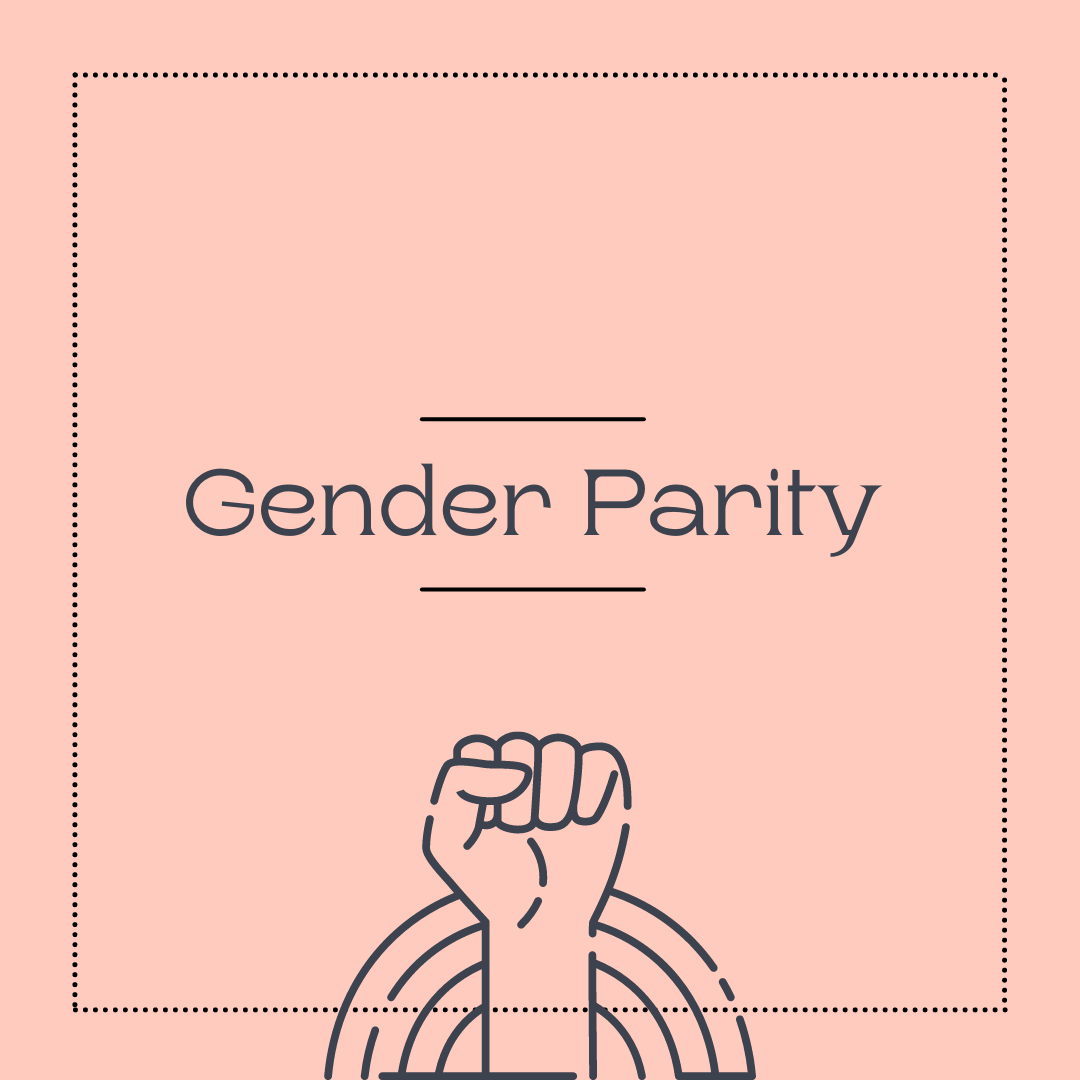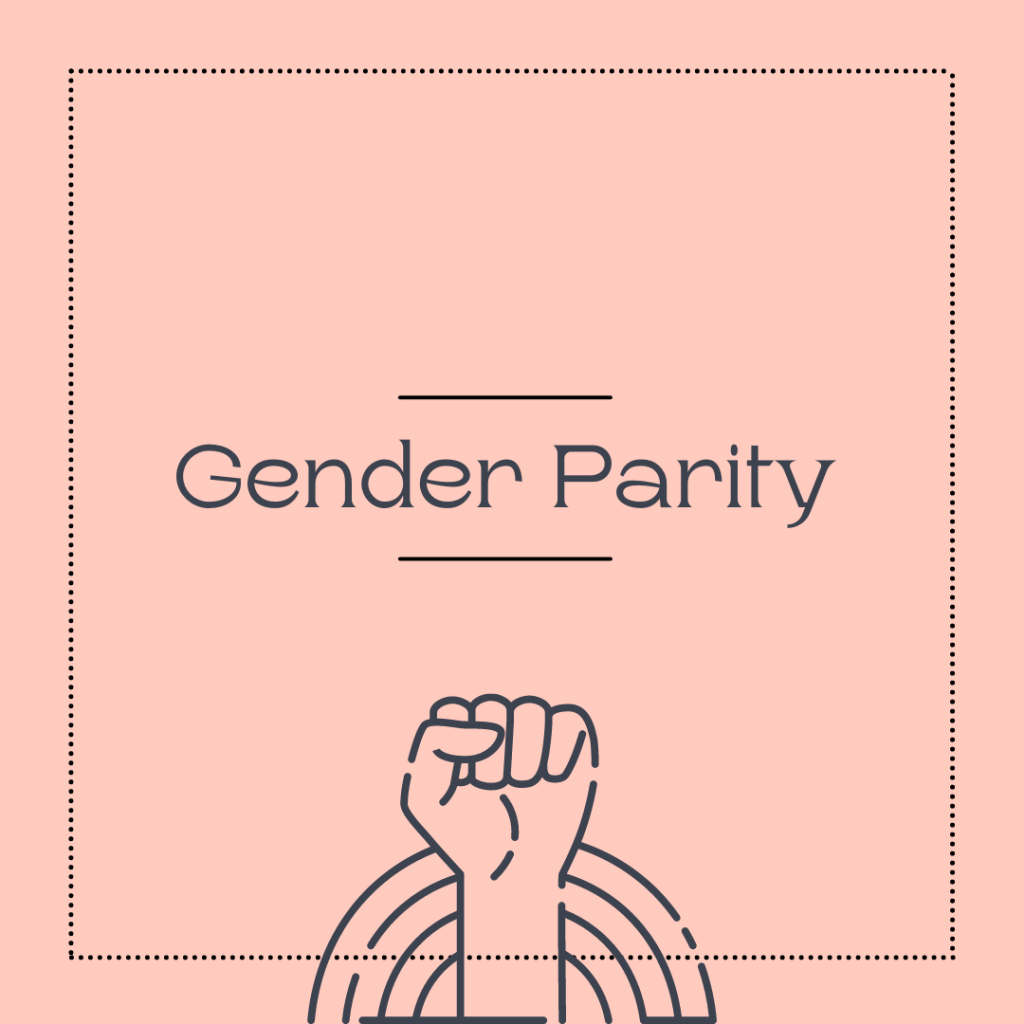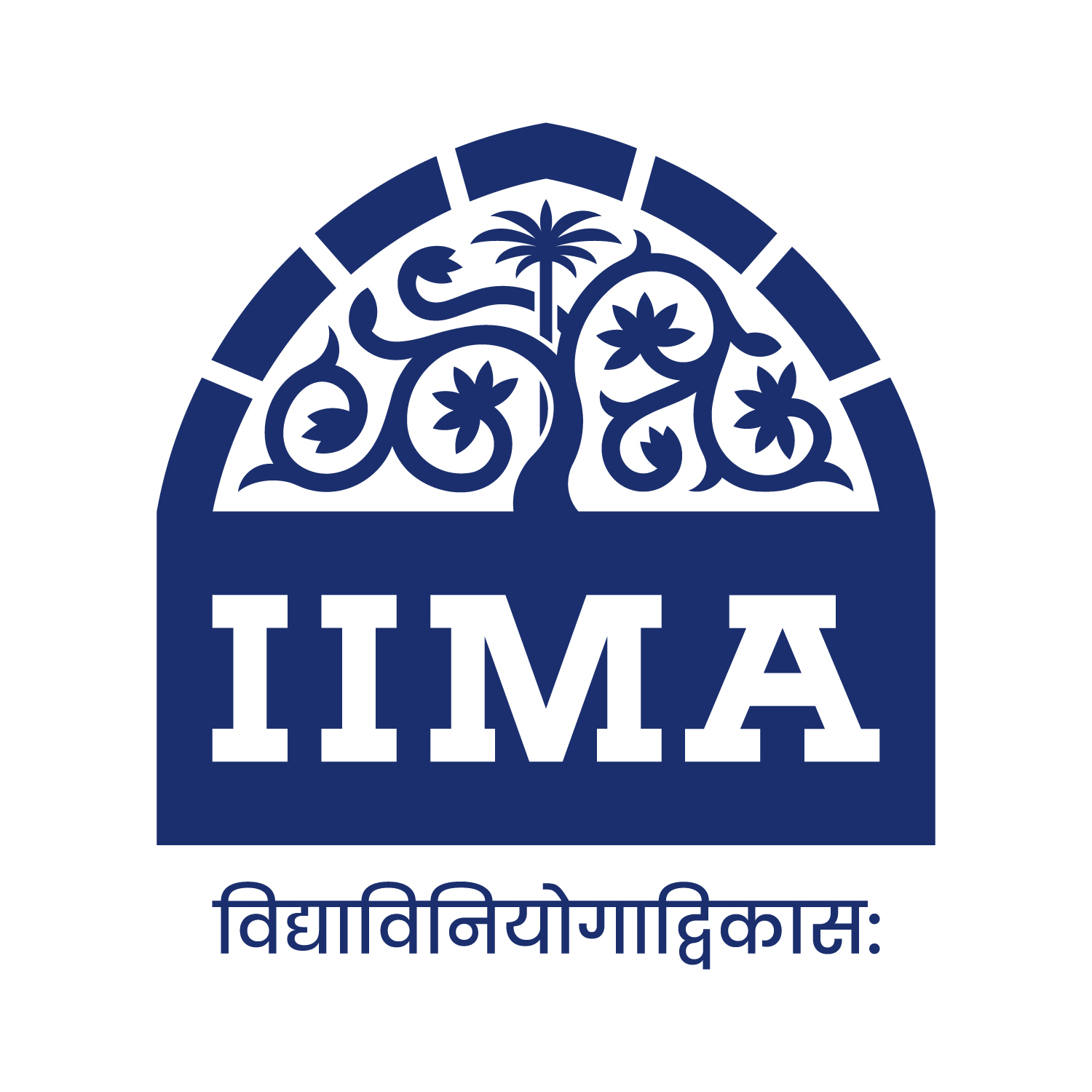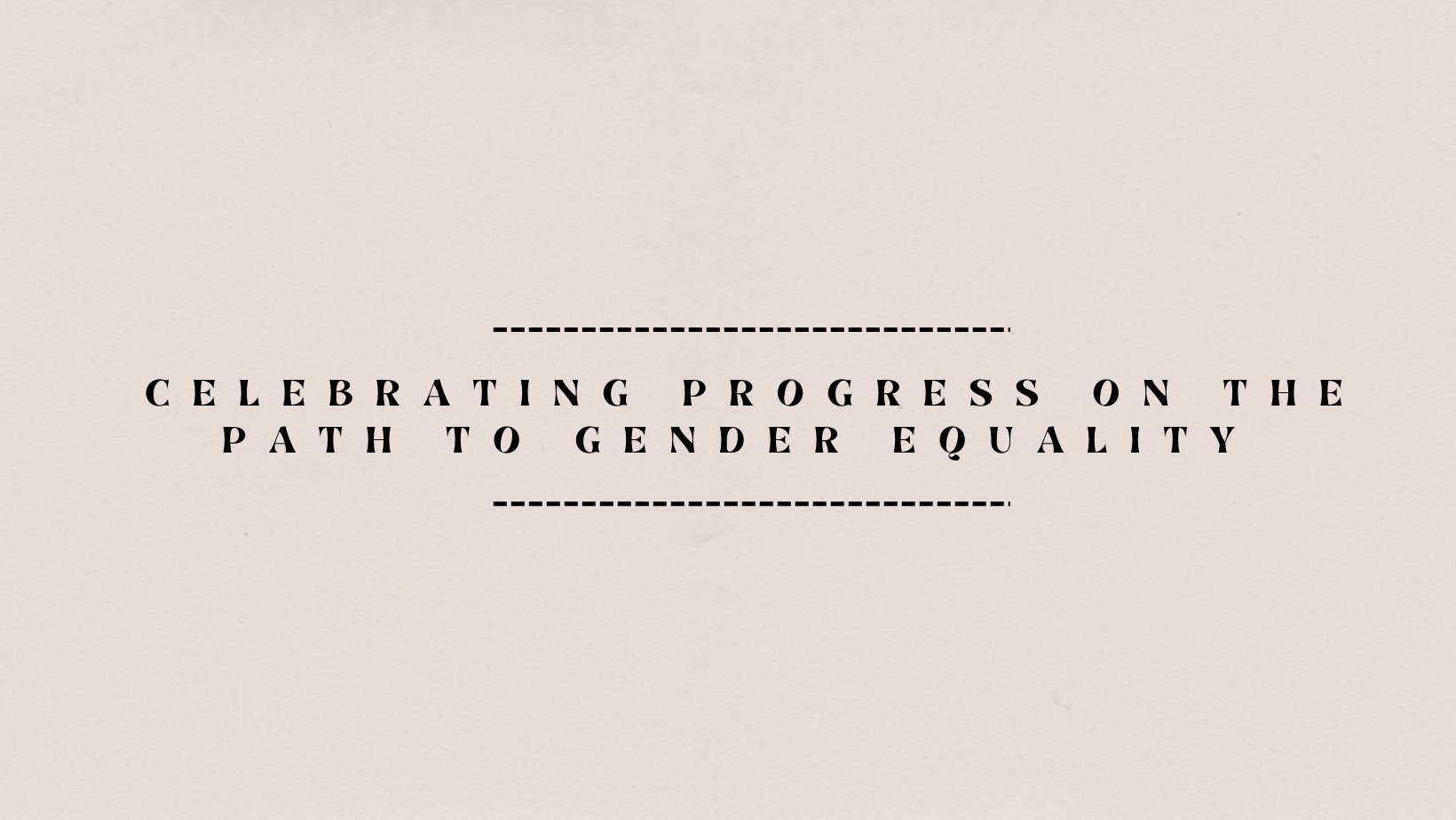GENDER PARITY MUST BE OUR SHARED GOAL


Arvind Singh (PGP1984), Founder – Asian Women in Leadership Summit (AWLS), an interactive platform to celebrate successful women leaders, exchange gender diverse views and reflect upon challenges faced by women in achieving senior leadership and board level roles.
Gender parity must be our shared goal. This is the right thing to do and also, a profitable thing to do. The evidence is compelling: when more women sit at decision making tables, better decisions are made. The female leadership advantage displayed empathy, resilience and strength and fostered greater transparency, trust and collaboration during the recent Covid19 pandemic. While progress has been made, a lot more needs to be done. We need to accelerate the pace of change.
Gender parity must begin at the top. Despite small gains, women remain under represented at the senior leadership roles: 27% at Senior Vice President and 24% at C-suite roles, according to “Women in the Workplace 2021” report published by McKinsey & Co. Women continue to face a broken rung at the first step up to manager: for every 100 men promoted to manager role, only 86 women are promoted. As a result, men outnumber women significantly at the manager level, which means that there are far fewer women to promote to higher levels. The broken rung likely explains why representation of women at the senior levels has remained low. Companies need to manage their women leaders’ pipeline and if needed, recruit externally to build a healthy pipeline.
Then, there is the related issue of the gender pay gap. Research shows that a significant pay gap exists for the same role between men and women. In 2020, women earned 84% of what men earned in the USA, according to Pew Research Center. As per a recent report in The Financial Times, men earn one third more than women in the egalitarian Finland, two thirds more in the UK and twice as much in the Netherlands and Austria. This is wrong and unfair. Leading companies are undertaking internal reviews and correcting any anomalies on priority.
Authorities around the World are nudging companies to achieve higher representation for women in Corporate Boards, to a desired 30% level. A study by the World Economic Forum published in March 2021 found that while the number of women is rising across the globe, the rate of increase has slowed for three of the past four years. Europe continues to have the highest representation of women on boards. This could be due to explicit women representation targets adopted by countries in Europe. Some states in the USA like California have passed non-binding measures to have at least one-woman director on the Board. Countries like Singapore have not set mandatory targets but set guidelines to achieve 30% women participation at SGX listed companies by 2030.
In India, Women directorship in listed company boards saw a marked improvement since Companies Act 2013 made their representation mandatory. This has been further strengthened by SEBI mandate to appoint at least one woman as an independent direction from April 1, 2019. As of March 2020, Nifty 500 companies had 777 women directors out of the total 4657 directors or 17%. This has created a shortage of qualified women candidates as independent directors.
Many companies complain that they are not able to find enough women candidates for senior roles. This is often because they are not looking hard enough. Women put up their hands only when they are 100% sure that they meet all the criteria while men put up their hands even if they meet only 60%. Also, there is a need to simplify the job descriptions and use gender-neutral language. Companies need to try harder to recruit women leaders to build a healthy pipeline.
A bigger challenge in India is in the informal sectors and in the rural areas. Educated girls have very limited career opportunities. One solution may be to encourage and support aspiring women entrepreneurs to start their own ventures. In partnership with Educate Girls NGO, AWLS have launched a pilot initiative in the state of Uttar Pradesh wherein we co-invest in their business and provide the support they need.
To find more, please contact arvind.singh@questonthefrontier.com




Sorry, the comment form is closed at this time.